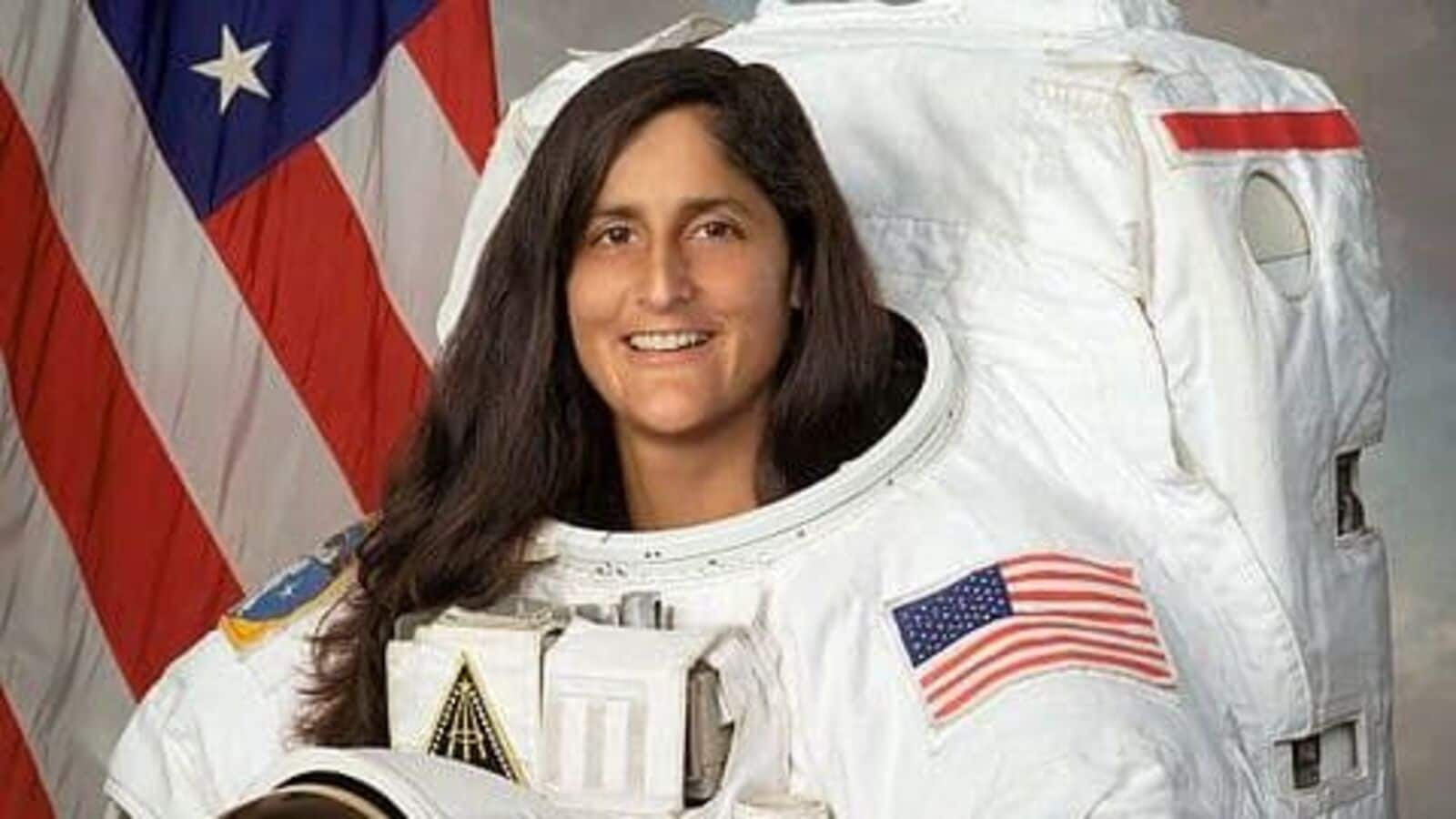
Sunita Williams to pilot Boeing Starliner's first manned ISS flight
What's the story
Sunita Williams, the renowned Indian-origin NASA astronaut, is set to be part of the first crewed flight of Boeing's Starliner spacecraft to the International Space Station (ISS).
This mission will mark Williams's third visit to the ISS where she will join a team of astronauts to conduct various scientific experiments and missions during her stay.
She will pilot Boeing's Starliner spacecraft which is set to launch on May 8. Accompanying her on this journey is fellow NASA astronaut Butch Wilmore.
Mission objectives
The mission will evaluate Starliner's comprehensive capabilities
The upcoming mission aims to evaluate the comprehensive capabilities of the Starliner system.
This includes assessing its launch process, docking procedure, and return journey to Earth in the western United States.
"Following a successful crewed flight test, NASA will begin the final process of certifying Starliner and systems for crewed missions to the space station," the space agency said.
The "crew arrival media event" is scheduled for today at NASA's Kennedy Space Center in Florida.
Astronaut profile
Williams has spent 322 days in space
Born in Euclid, Ohio, Williams is the daughter of Indian-American neuroanatomist Deepak Pandya and Ursuline Bonnie Pandya, of Slovene-American descent.
She was selected by NASA as an astronaut in June 1998. Over two missions, Williams has spent a total of 322 days in space.
With an impressive record of 50 hours and 40 minutes spent on spacewalks, she holds the second-longest cumulative spacewalk time among female astronauts.
Space records
Williams's first and second missions
Williams's first mission, Expedition 14/15, took place from December 9, 2006 to June 22, 2007.
During this expedition, she set a record by completing four spacewalks that lasted a combined duration of 29 hours and 17 minutes - an achievement unmatched by any other female astronaut.
Her second mission was Expedition 32/33 from July 14, 2012 to November 18, 2012.
Throughout this expedition, Williams conducted research on the ISS and completed three additional spacewalks.